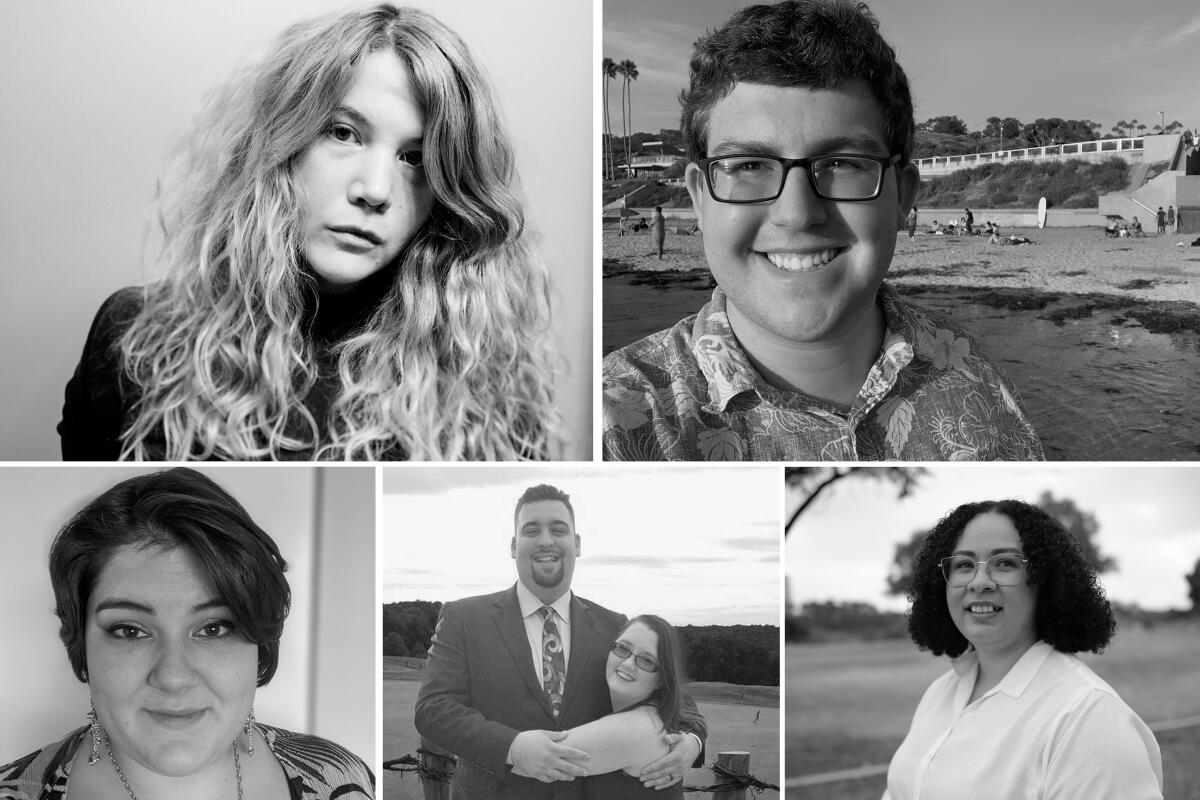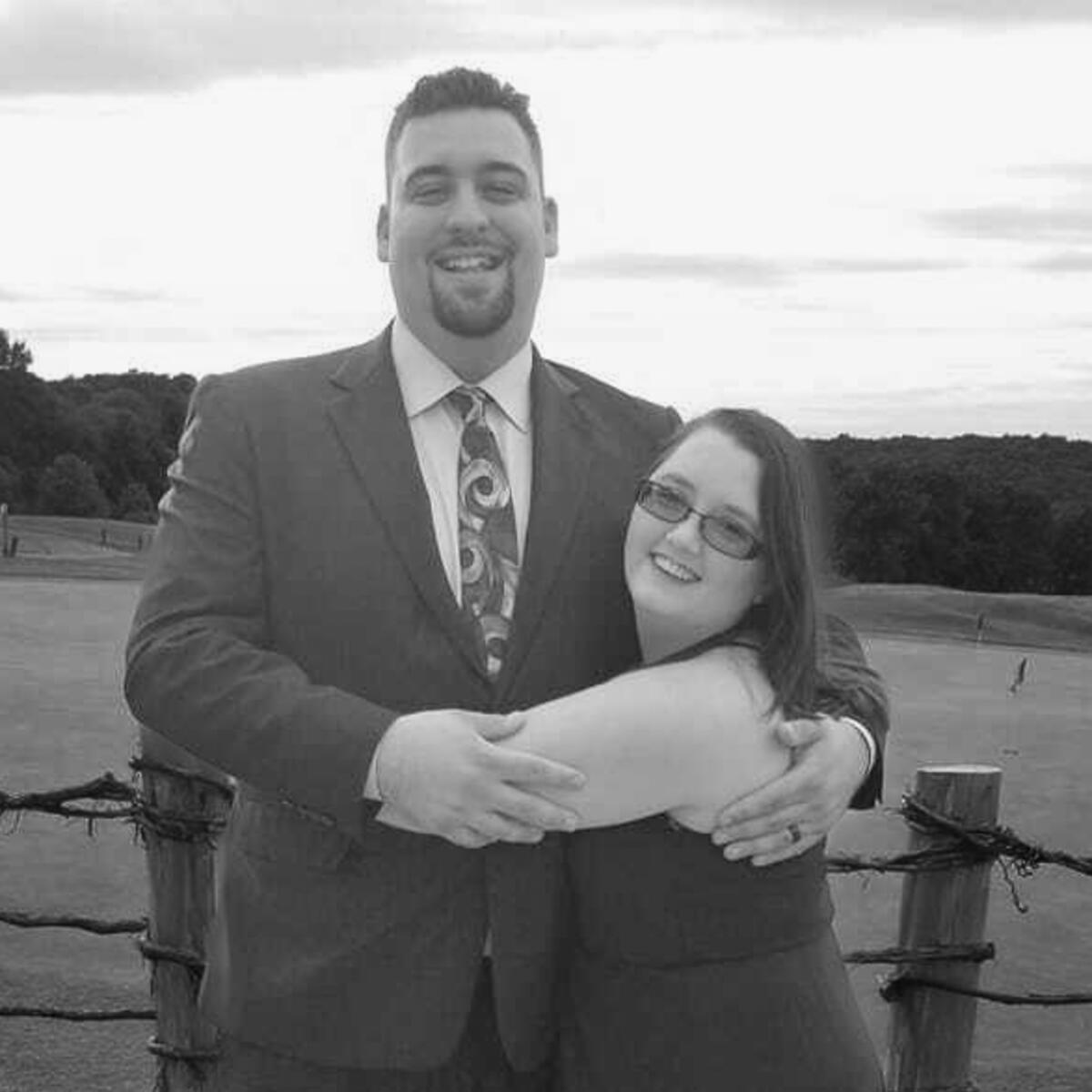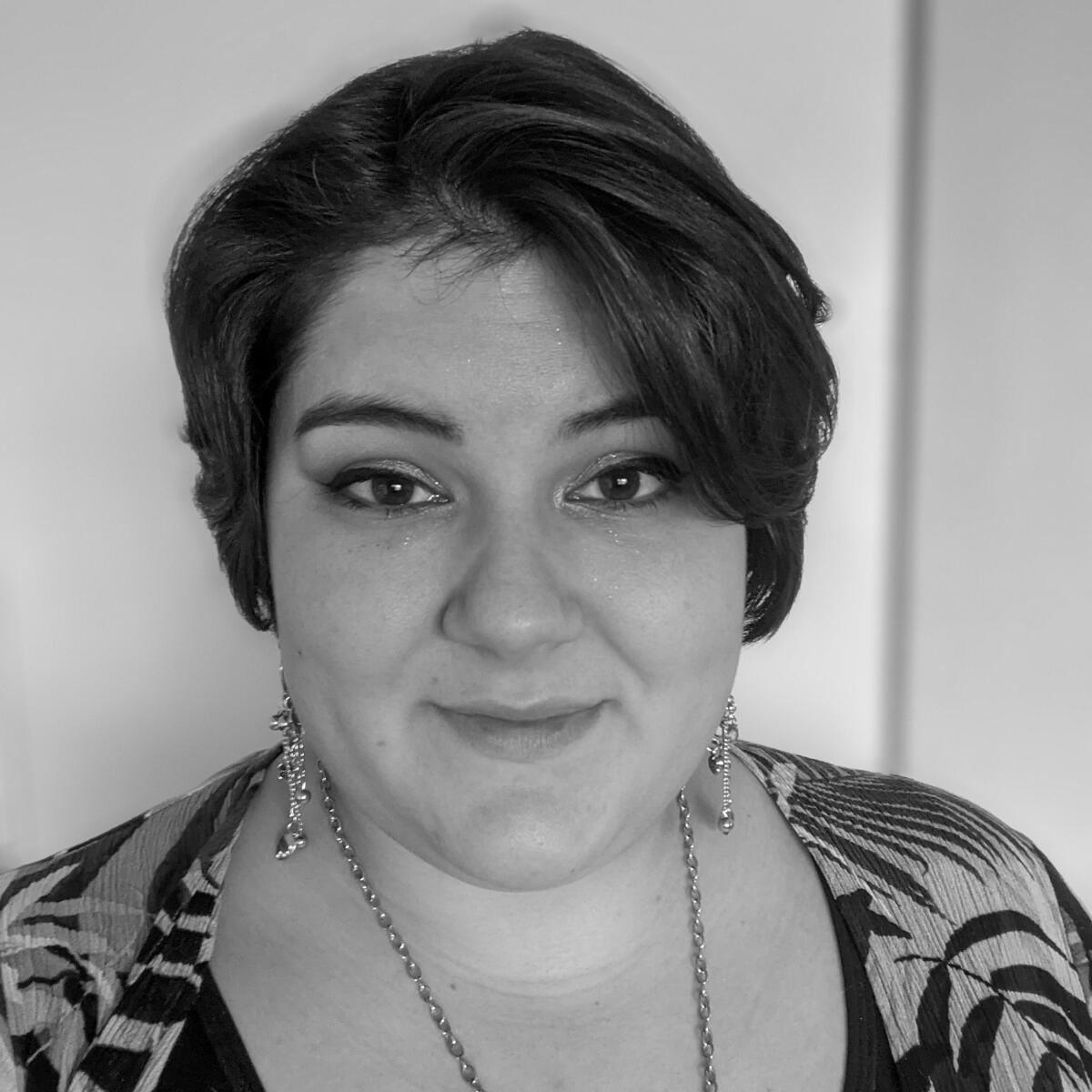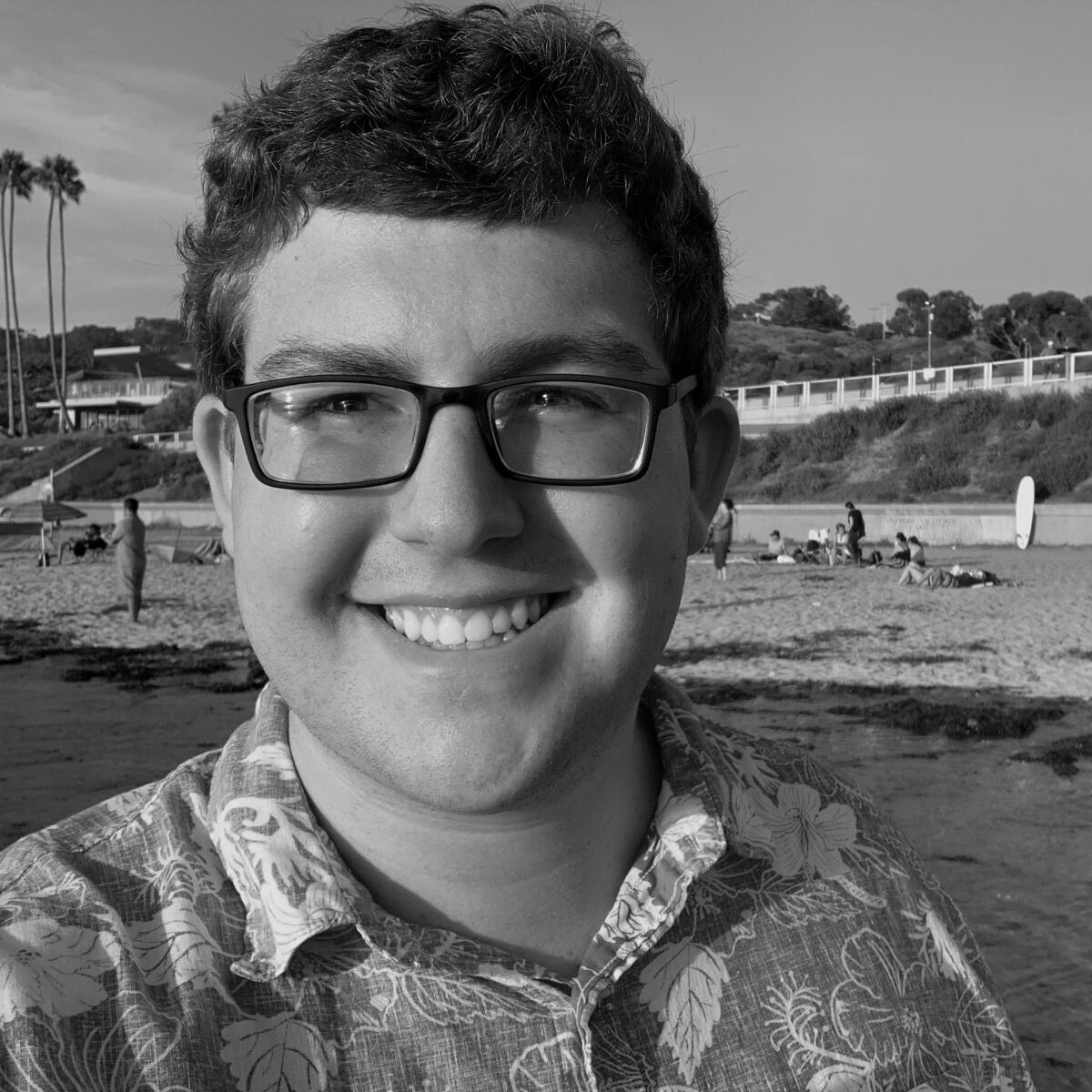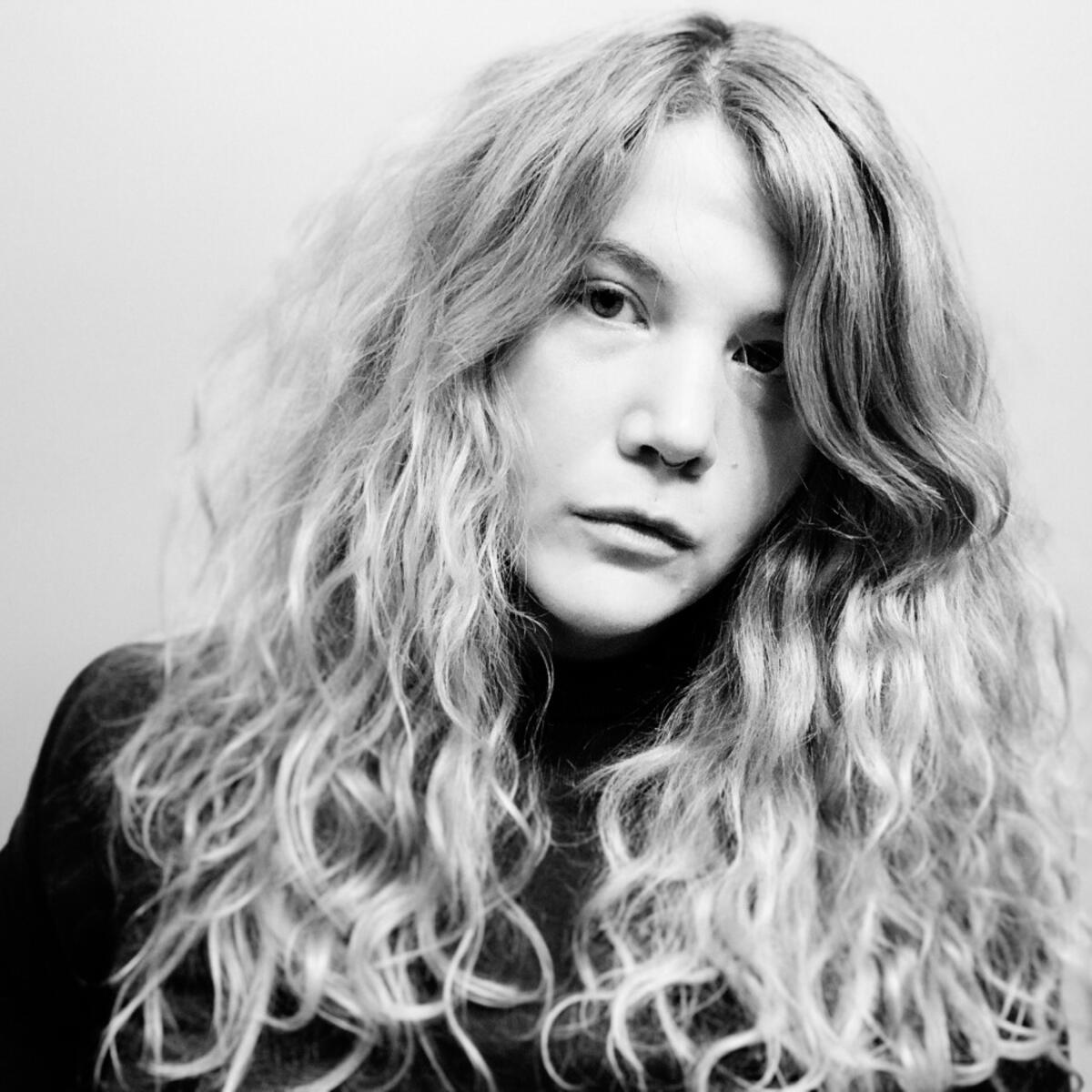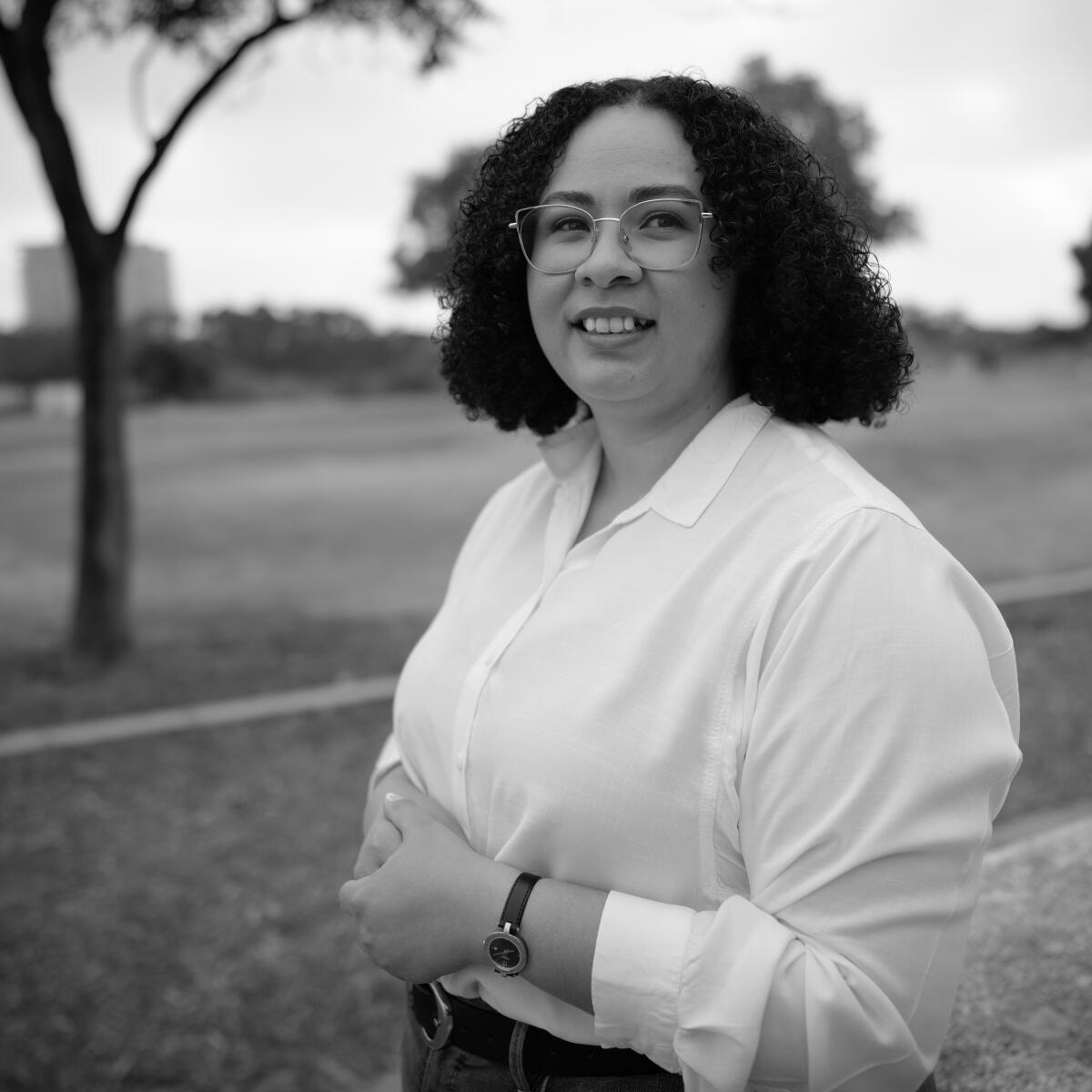Brescia went to community college, then earned a bachelor’s degree of applied science in hospitality management from Fairleigh Dickinson University. He has $41,000 left in federal and private student loans and is a co-signer on private loans that his wife, Ashley, holds.
My first-ever job was going into IHOP as a manager, and that was $38,000 a year, traveling into a different state because I just wanted to get my foot in the door. I was severely behind on bills, because the bills started coming in for student loans.
Even though I went to Fairleigh for two years and got a scholarship, my bills were coming out to about almost $1,000 a month. I don’t know how I was able to afford it, but I was able to, thank God. I had to put myself in a little bit of credit card debt. But eventually I kept moving up the ladder, making more money. My degree actually worked out for me.
I still pay the private loans. I have not put a penny towards the federal at this point in time. I know it would help significantly, but I don’t want to pay that right now. I got my house, and that was a key factor — that I had one less bill.
My wife is in significantly more debt than I am, and most of it, unfortunately, is private. I think she’s above the $100,000 range. So, as a household, we’re probably about in the $150,000 range.
I’ll put it very blunt out there: I’m not a supporter of Biden; I’m really not. I’m not a fan of a lot of the policies. Yes, I could possibly benefit from this policy. But do I agree with it? Yes and no.
If people get help on this, I’ll be happy for them. That’s the truth of it. Am I afraid of the consequences of what will happen? Yeah, absolutely I am. We’re already at such an inflation rate and I’m very nervous — anything like this could further that inflation rate significantly.
But I’m afraid of the consequences of what will happen if people continue to have this debt and have no way to pay it off.
